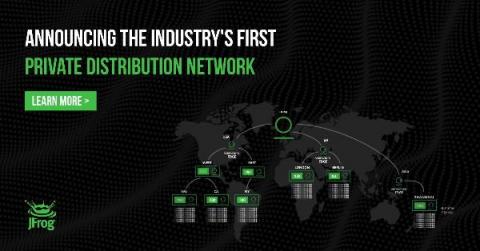Operations | Monitoring | ITSM | DevOps | Cloud
CI CD
The latest News and Information on Continuous Integration and Development, and related technologies.
Reducing flaky test failures
Testing is vital because it helps you discover bugs before you release software, enabling you to deliver a high-quality product to your customers. Sometimes, though, tests are flaky and unreliable. Tests may be unreliable because of newly-written code or external factors. These flaky tests, also known as flappers, fail to produce accurate and consistent results. If your tests are flaky, they cannot help you find (and fix) all your bugs, which negatively impacts user experience.
Adding IaC security scans to your CI pipeline with Indeni
With CircleCI, there are many different CI/CD flows that can be automated. One such flow is the use of Infrastructure-as-Code (IaC) to build cloud environments. For example, you can use CircleCI to automate the process of building Terraform plans and applying them, in order to create massive production setups in AWS, Azure, GCP, and other cloud environments.
How to configure Nuget repositories?
How to start With Artifactory and Gradle?
The Industry's First Private Distribution Network
Argo Rollouts, the Kubernetes Progressive Delivery Controller, Reaches 1.0 Milestone
Argo Rollouts, part of the Argo project, recently released their 1.0 version. You can see the changelog and more details on the Github release page. If you are not familiar with Argo Rollouts, it is a Kubernetes Controller that deploys applications on your cluster. It replaces the default rolling-update strategy of Kubernetes with more advanced deployment methods such as blue/green and canary deployments.
Announcing the Industry's First Private Distribution Network
What's New from JFrog: Binary Lifecycle Management at Scale
Finding the Bug in the Haystack: Correlating Exceptions with Deployments
You’re called in. The system is misbehaving. It could be a key metric going crazy, or exceptions starting to fire. You’re troubleshooting, beating around the bush, just to realize that one of the team’s deployments was the one messing things up. Sounds familiar? If you’re practicing continuous deployment, you probably experience that several times a week, if not more. Users report that 50% of their outages are due to infrastructure and code changes, namely deployments.











